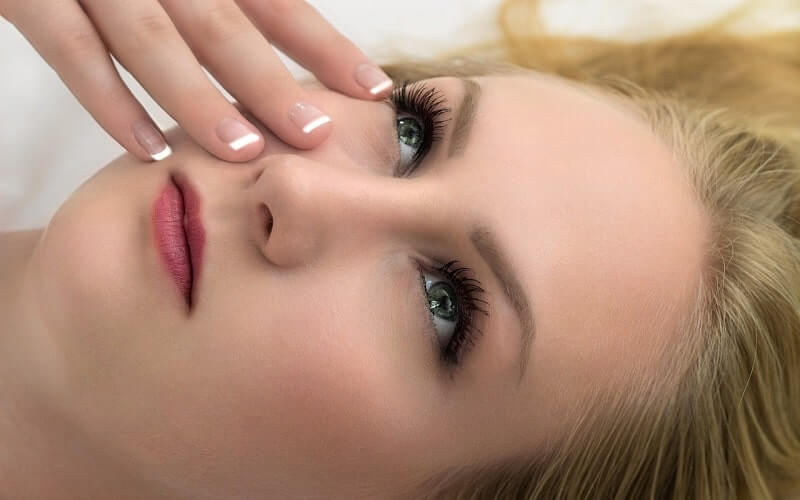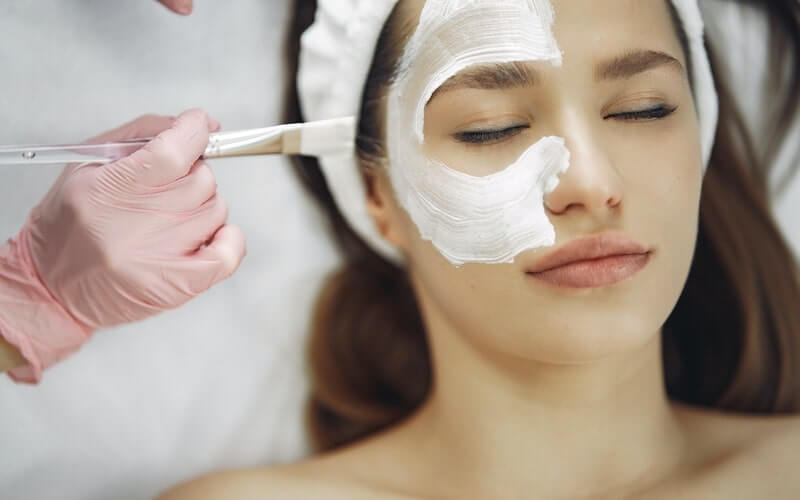Your skin serves as a barrier between you and the outside world, but it should not be ignored if you want it to work to its full potential. Because your skin is continually changing, you must choose a healthy lifestyle to maintain its youthful look.
When it comes to taking care of your epidermis, there are many elements to consider: hormones, temperature, years, and so on. As a result, it’s natural for your behaviors to change as you go through life. Here are some pointers to assist you. Here are the SKINCARE TIPS you need to know about.
Recognize How Your Surroundings Affect Your Skin’s Bacterial Flora
It’s crucial to consider your surroundings before beginning to develop excellent behaviors. Multiple external components come into touch with your face. Climate aggressions, seasons, pollution, air conditioning, and other variables beyond your control may all be hazardous. You must ensure that your skin is free of hazardous components and germs in order for it to seem healthy. To do so, first determine your skin type, then build a beauty regimen that allows you to care for your skin and remove undesirable agents that settle on your face during the day.
Suggestion:
Makeup brushes and sponges, as well as pillowcases, towels, and washcloths, may all affect your skin’s bacterial ecology. To avoid spreading dead cells and contaminants on your face, we suggest cleaning any beauty equipment that comes into touch with your face once a week.
Find out What Sort Of Skin You Have
There are a variety of skin types, and yours may vary over time. To properly care for your skin and choose the appropriate products, you must first be able to identify your true requirements. Examining your epidermis will help you understand its unique qualities. You must be on the lookout for signs of imbalance in order to accomplish this. The sense of dryness or sensitivity, excessive sebum production, the emergence of pimples or redness, a lack of tone, or a loss of brightness may all be indicators.

Skin that is damaged loses tone and suppleness. Your skin contains a variety of flaws, including redness, cavities, scars, and acne. Pores on your skin are normally rather big. Your face has a coarser texture and is more prone to wrinkles.
Skin that is dehydrated: Your skin is not soft. To defend itself, it secretes a little amount of sebum. As a result, it is sun-sensitive and might cause a sense of tightness. The pores on the bridge of the nose are not expanded.
Sensitive skin responds significantly to all external aggressors, such as cold, dust, or sunlight. She may experience redness, irritation, and pain.
Oily Skin: The T zone, which includes the wings of the nose, the forehead, and the chin, is commonly oily. Because of the abundant sebum, it is prone to flaws such as pimples, blackheads, and other skin blemishes. Pores have been dilated.
The epidermis of combination skin is a mix of dry and oily skin. The skin around your cheeks is dry, whereas the skin around your chin, nose, and forehead is greasy. Your pores in the nasal region will eventually increase.
Normal Skin: Skin that is considered “normal” does not have any issues with dryness or abundant sebum. It’s probable that it will alter with the seasons.
The key to receiving all the nutrients you need is to use products that are matched to your skin type and follow a regular regimen. You could be using the incorrect items if your skin isn’t in the “normal skin” category. Furthermore, since the epidermis is always evolving, it is liable to alter at any point. As a result, it should come as no surprise that you will need to tweak your routine and products in response to seasonal changes, for example. Although the descriptions above might assist you in determining your skin type, it is better to get expert advice.
Establish a Home Skincare Program for Your Face
There are three essential things to consider in order to keep your skin healthy. The first step is to choose the right water for your face skincare program. Because tap water typically includes lime, using it in your beauty regimen might be harmful. The latter is more prone to induce irritation by drying out the skin. To guarantee hydration and a radiant look, apply cellular water to your face after cleansing it with tap water. In addition, while removing makeup and cleansing your face, water is suggested to prevent disrupting your skin’s general equilibrium.
The second factor to consider is exposure to sunshine and light. Adequate light exposure, whether natural or artificial, is not damaging to the skin. Nonetheless, be cautious. Too much natural light exposes your skin to UV rays for an extended period of time. These phenomena may cause burning and redness on your skin, among other things. Not to add that UV rays hasten the aging process. To prevent harming it, you must remember to use sunscreen or UV protection every day. Furthermore, shielding it from the sun’s rays significantly lowers the chance of skin cancer.
Conclusion:
Finally, you must adjust to the modifications in order to develop a decent skincare regimen. When deciding what products to use, age and hormonal fluctuations are important factors to consider. We have sets of products designed specifically for each skin type, which is great for directing your health routine renewal decisions.












